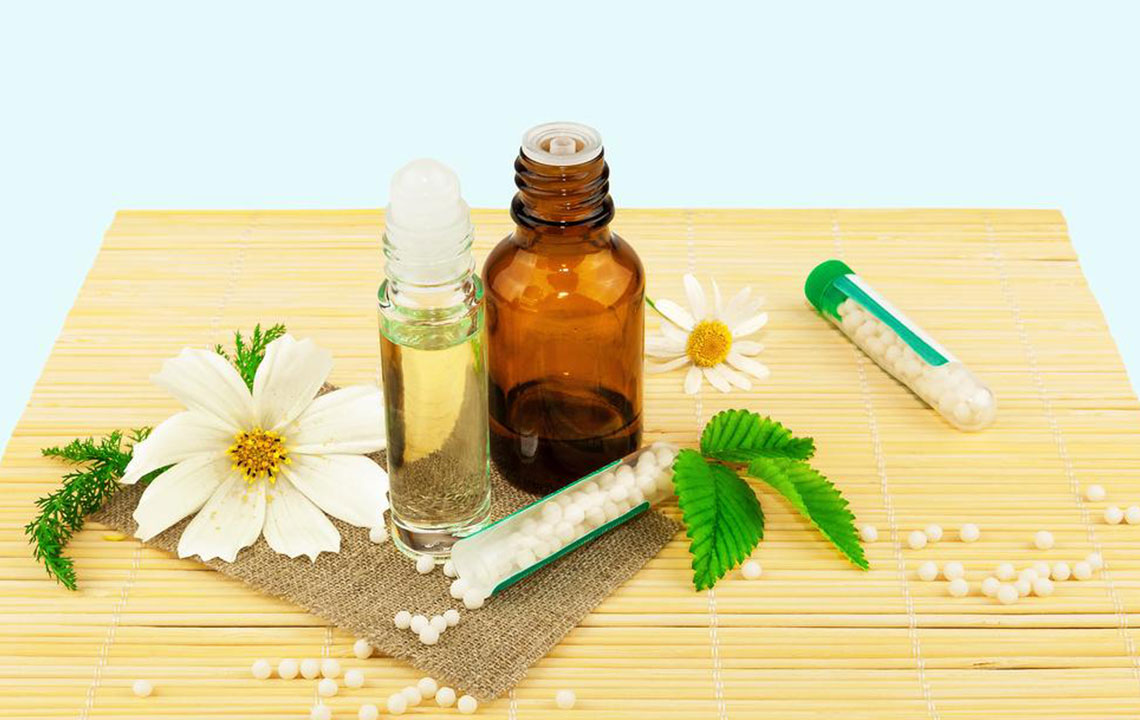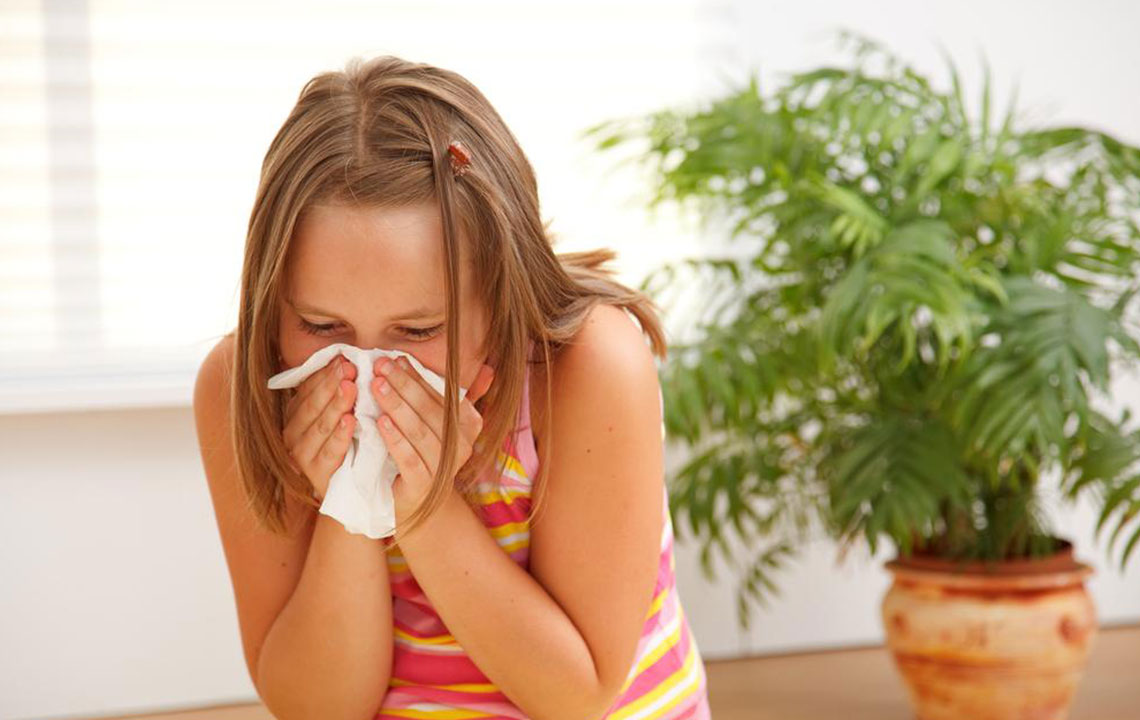Natural and Holistic Approaches to Effectively Controlling Allergy Symptoms
Discover comprehensive natural methods to manage allergies effectively. From identifying triggers and avoiding exposure to using herbal supplements, lifestyle changes, and home remedies, this guide provides practical ways to reduce allergy symptoms holistically. Implementing these strategies can enhance your well-being and minimize reliance on medications, leading to a healthier, allergy-free life.

Natural and Holistic Approaches to Effectively Controlling Allergy Symptoms
Allergies are a common health issue affecting millions worldwide, caused by the immune system misidentifying harmless substances such as pollen, dust, nuts, and pet dander as threats. This immune response triggers symptoms like sneezing, nasal congestion, itchy eyes, skin rashes, and in severe cases, difficulty breathing. While conventional medications, including antihistamines and corticosteroids, are often used to manage allergy symptoms, many individuals seek natural, holistic strategies to reduce reliance on pharmaceuticals and minimize side effects.
In this comprehensive guide, we explore a variety of natural and lifestyle-based methods to effectively control allergy symptoms, improve overall health, and enhance quality of life. Implementing these strategies can help you identify triggers, reduce exposure, and manage symptoms safely and sustainably.
Recognize and Avoid Your Allergens: The first step to managing allergies naturally is to identify your specific triggers. Common allergens include pollen, mold, dust mites, pet dander, and certain foods. Consulting an allergy specialist can provide skin or blood tests that pinpoint your allergens. Once identified, take proactive steps to minimize exposure—such as keeping windows closed during high pollen seasons, using air purifiers, and avoiding known allergenic foods.
Creating an allergy-friendly environment is crucial. Regularly dust and clean your living space with natural cleaning products to eliminate dust mites and mold. Using hypoallergenic bedding and washing sheets in hot water can further reduce dust and mold accumulation. When outdoors, limit activities on windy days, and wear masks to filter airborne allergens. These simple steps significantly decrease allergen load and symptoms.
Effective natural remedies include saline nasal rinses, which help clear allergens and irritants from nasal passages. Gargling with warm salt water can soothe sore throats caused by post-nasal drip. Breathing in steam infused with essential oils like eucalyptus or peppermint can open nasal passages and relieve congestion. These home remedies are cost-effective and provide immediate relief.
Dietary modifications can play a role in long-term allergy management. Incorporate local honey, which may help desensitize your immune response to local pollen. Focus on a nutrient-rich diet abundant in fresh fruits, vegetables, and omega-3 fatty acids, which support immune health. Some individuals find that avoiding processed foods, gluten, or dairy reduces their allergy symptoms. Always consult with a healthcare provider before making significant dietary changes.
Hydration is a key component in detoxification and allergy relief. Drinking plenty of water helps flush toxins and allergens from your system, reducing inflammation. Herbal teas such as ginger, chamomile, or green tea can also soothe irritated tissues and support immune health.
Natural antihistamines, including Quercetin—a plant flavonoid found in onions, apples, and berries—and Nettle leaf, are popular supplements for allergy relief. These compounds inhibit the release of histamine, the chemical responsible for allergy symptoms. However, it’s essential to consult your healthcare provider before starting any herbal supplements, especially if you are taking other medications.
Additionally, plant-based extracts like Butterbur, Phleum Pratense (timothy grass), and Pycnogenol (pine bark extract) have demonstrated antihistamine properties. These natural agents can be taken in supplement form or as teas to help reduce allergic reactions over time.
Maintaining a clean, well-ventilated home environment is vital. Regularly inspecting and cleaning air conditioning filters, using dehumidifiers to reduce mold growth, and eliminating sources of indoor mold and dust contribute to a healthier indoor climate. Avoid harsh chemical cleaning agents—opt for natural or DIY cleaning solutions made from vinegar, baking soda, and essential oils—to prevent chemical sensitivities.
Incorporating some stress management techniques such as yoga, meditation, or deep breathing exercises can also help modulate immune responses, as stress can exacerbate allergy symptoms. Ensuring sufficient sleep and managing emotional wellbeing contribute to a resilient immune system.
While these natural strategies may not replace medications in severe cases, they serve as effective complementary approaches. Consistency and lifestyle adjustments play a crucial role in minimizing allergic reactions and improving overall health.
In summary, adopting a holistic approach—combining allergen avoidance, environmental control, dietary modifications, natural remedies, and stress management—empowers individuals to take control over their allergy symptoms. By integrating these proven natural strategies, many people can enjoy a life with fewer allergy-related disruptions, reduced medication dependence, and improved wellness.





